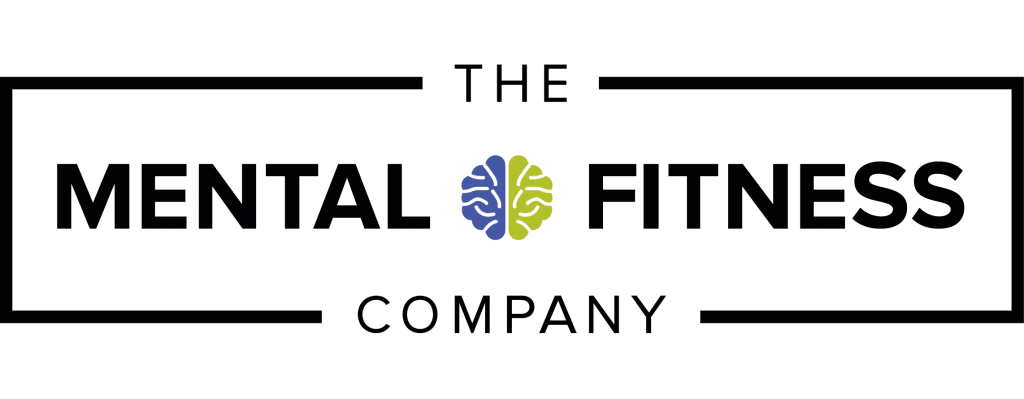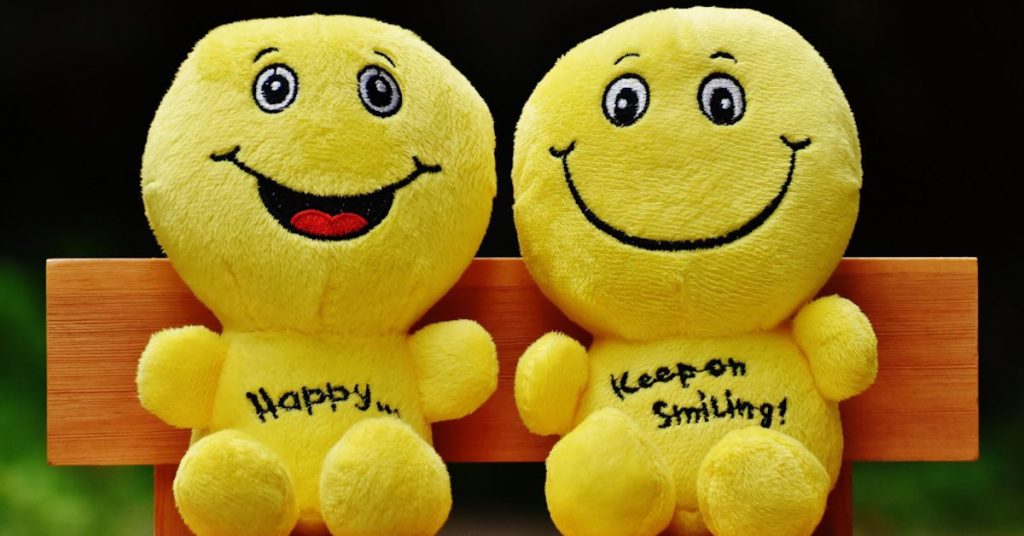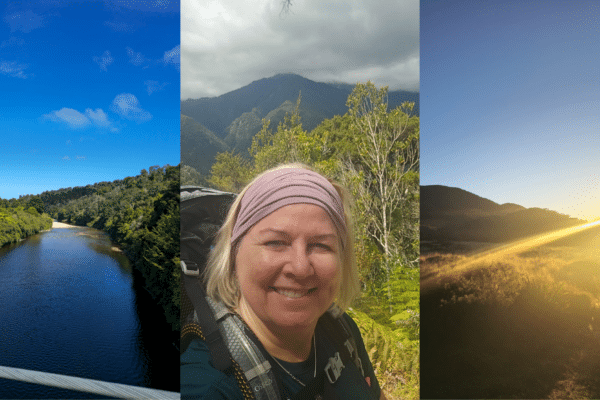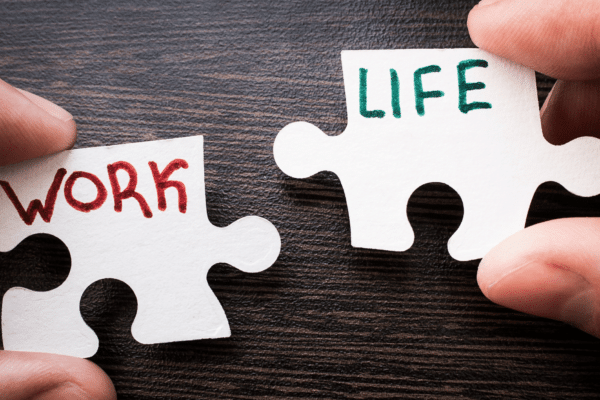Emotions play an important role in how we think and behave on a daily basis. Emotions are a vital part of our humanity. Whether we feel anger, sadness or happiness, they all point to something happening to us. Understanding our feelings helps us identify what is happening to us.
The emotions we feel each day can help us take action and influence decisions we make about our lives. Yet I meet so many people who are disconnected from their emotions and what the emotions are telling them or have some emotions showing through too dominantly to the point it’s messing up their life! Anger is a great example.
Recognising your emotions and learning to manage them is one of the most important skills you can have.
In fact people who are good at noticing how they feel and can calm themselves down or adjust their behaviour are more likely to do well in life, have healthy relationships and manage difficulties and set backs.
Feelings are powerful and can become overwhelming at times. Both adults and children might struggle to manage their responses to their feelings and act in ways that feel very out of their control. For example, have you ever felt so angry that you said things you didn’t mean to someone you love? Then once you calmed down, you realised that your emotions got the better of you and you wish you handled it differently?
Recognising your emotions is important.
We have emotions so we can make connections with the people around us and figure out what makes us feel good and what doesn’t.
Our emotions are like our internal compass, helping us to figure out how a situation makes us feel and then helps us make decisions about whether we want to be in that situation and allows us to figure out what we do and don’t want in life. Motivation for action.
We need to be able to recognise when we have an emotion, know what it is and know what it is trying to tell us. For example, if spending time with a group of people make you feel unhappy, anxious and under pressure – it is important to recognise this and realise that your feelings are telling you that this isn’t the right situation to be in.
Our emotions can greatly affect our mood and behaviours. If you are feeling angry, anxious or worried a lot it can have an impact on friendships, family relationships, work and our overall feelings of happiness.
Having lots of negative feelings has a big impact on how you live your life. If you are walking around with a “glass half empty” attitude then you’ll likely see all the negativity around you and the “lack of” rather than all the good stuff. It is important that we recognise when we are feeling unhappy so we can figure out why and try to find a solution to make ourselves feel better.
Having the skills to reflect on our feelings and realise we are in control of how we feel will have a massive impact on our purposefulness and ownership of our life.
It is really important to understand that we are in charge of our thoughts. If you’re spending lots of time thinking things like, “I am not good enough,” or, “No one likes me”, then that is going to affect your mindset and the way you see situations you find yourself in.
You have the power to change those thoughts and YOU can decide what you think – you can reframe negativity and be happier.
If we recognise and understand our emotions it also means we can ask for help.
Sometimes when we are feeling down, we need help from those around us – friends, family, co-workers.
Learning to communicate with the people around you and identifying what you need is a really healthy way of connecting with your emotions.
When you recognise and understand your own emotions It helps you to be a better friend, co-worker and family member.
Once you are skilled at recognising your own emotions, managing them and communicating them to others, you can help others do the same!
If we can appreciate and understand people’s emotions and feelings we will be much stronger at connecting and reading how people are feeling or reacting.
Charles Darwin believed that emotions are adaptations that allow both humans and animals to survive and reproduce. When we are angry, we are likely to confront the source of our irritation. When we experience fear, we are more likely to flee the threat. When we feel love, we might seek out a mate and reproduce.
Our emotions have a major influence on the decisions we make, from what we decide to have for breakfast to which candidates we choose to vote for in political elections.
As humans we are always looking for the best outcomes but emotions can sometimes send us in the wrong direction. Emotional intelligence, or our ability to understand and manage emotions, has been shown to play an important role in decision-making.
When we interact with other people, our emotions give off communication signals. These might be emotional expression through body language, such as various facial expressions connected with the particular emotions we are experiencing.
In other cases, it might involve directly stating how we feel. When we tell friends or family members that we are feeling happy, sad, excited, or frightened, we are giving them important information that they can then use to take action.
Increased self-awareness helps us recognise the pitfalls in life quicker and gives us tools to navigate our way through life, rather than being led by our reactions or another person’s reaction to us. Self-awareness gives us more choice and empowers us to be true to who we are.
By being open to your feelings you’ll discover that they guide and teach you warn and protect you delight and entertain you. So be curious about yourself and take a little time everyday to tune in to your emotions and how you are feeling. The more you do this you’ll become a master and regulating your day and become so much more of a connected human being!
Let’s get in touch and work together to make the change impactful, or you can visit our website to find out more!






